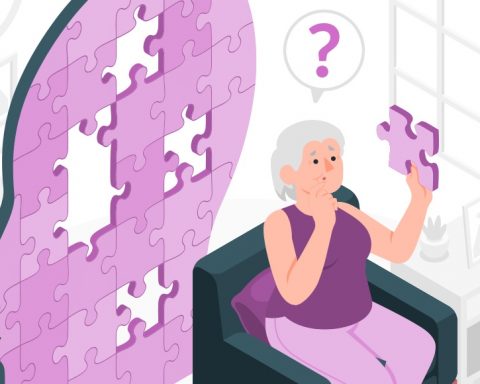Some of us can struggle with our mental health and wellbeing during the colder months and in the run up to Christmas and New Year. It is genuinely ok to feel like you are struggling.
Throughout the winter months there are positive strategies we can adopt to help us enjoy this time of year:
Monitor your News Intake
If you feel negatively impacted by the news, limit your exposure. Some people spend hours in front of the television watching cable news and getting fired up by the political drama. Try limiting your news exposure to 15 minutes, then shifting your attention to something more uplifting, like a TV show or film you enjoy. The same applies to scrolling through social media apps. Limit your time and move on to a more rewarding activity.
Stay connected
Staying connected may seem easy with social media and new technology, but some ways of connecting are better than others. While a simple text can make a difference to someone who is struggling as it lets them know you’re thinking about them, reaching out in other ways can be better. Try to make it a phone or video call rather than email or text, or meet up with that friend you haven’t seen in a while if it’s safe to do so. You’ll share a lot more than you would over social media and talking can be a good way to tackle a problem you’ve been carrying around.
And if you know someone who might be lonely or on their own over Christmas, why not spend some time with them?
Try to stay active
The shorter days, colder weather and darker nights can put many of us getting outside as much. You also may find that you’re not able to do some of things you used to due to the pandemic. But finding ways to exercise and get outside can help protect your mental wellbeing. Why not take up an online exercise class, or go out on a daily walk during your lunch break?
Take Notice
With so much going on it is important we appreciate what’s happening now, and not dwell on the past or worry about the future. Why not put a mindfulness book on your Christmas list? It can be a great way to de-stress and train our brain to be in the moment.
Learn
Learning can be fun, and also increase our confidence. So take time out to read a book, learn how to use a new gadget or take up a new hobby.
Volunteer
It feels rewarding to give so why not use some of your time off to volunteer for a cause you feel passionate about. It’s been proven that an act of kindness boosts your mood and increases your wellbeing.
Start a Gratitude Journal
Though it only takes five minutes a day, keeping a gratitude journal can significantly elevate your mood and mental outlook. At the end of each day, write down at least one thing that you are grateful for that day. It can be as minor as, “I enjoyed the sandwich I ate for lunch.” What tends to happen is the nature of your thoughts will change. As you go about your day and consider what you are going to write down later, you’ll start paying more attention to the happier moments, shifting your narrative from negative to positive.
Get enough sleep
Most adults should aim for around seven to nine hours of sleep per night. In the winter time, it can be tempting to turn up the heater and pile on the blankets, but research shows sleeping in cooler temperatures is better for you. It can help with insomnia, reduce stress, and decrease depression. Try keeping your thermostat in between 60 and 68 degrees, but make sure you’re still comfy and not cold.
Dawn Baxter, is the founder of Beyond the Dawn Digital and is a marketing expert & certified positive psychology coach.
Dawn states ‘A great hack for missing the sunshine and coping with the winter months can be to use youtube as your fake window friend. Luckily on youtube some wonderful humans have created some videos of scenes that include sunshine and beautiful scenery. This will not fix the feeling but can be comforting on the darker days.
The darker nights can make us feel as though our days are a lot shorter. If you’re feeling overwhelmed, take a bird’s eye view of what is necessary and pick only the really important areas to tackle first. Consider your needs in the emotional, mental, and physical states as you do so and make it non-negotiable that you are considering your needs vs what needs to “get done” at the same level of priority. If you are a list maker, so many of us are, add realistic timescales to it and make the lists actually achievable otherwise all you are doing is creating another tool of emotional torture when you inevitably do not complete everything you set out to achieve. Take care of you, truly and the rest gets easier.
Using mind-mapping or journaling is an excellent way to lighten the mental load. This is a technique used to remove thoughts or worries that would otherwise have you ruminating and preventing you from focusing on different elements of your day. This might include important decisions you have to make, stresses from your day; anything that blocks you finding the level of relaxation and focus needed. Similarly a lovely technique to implement at the end of the day is to journal out some gratitudes; to lay out your final thoughts for the day. This acts as a visualisation to take off the weight of everything that has happened that day, as well as everything you might be planning for tomorrow or the rest of the week.’
Dawn Baxter, Founder of Beyond the Dawn Digital,









